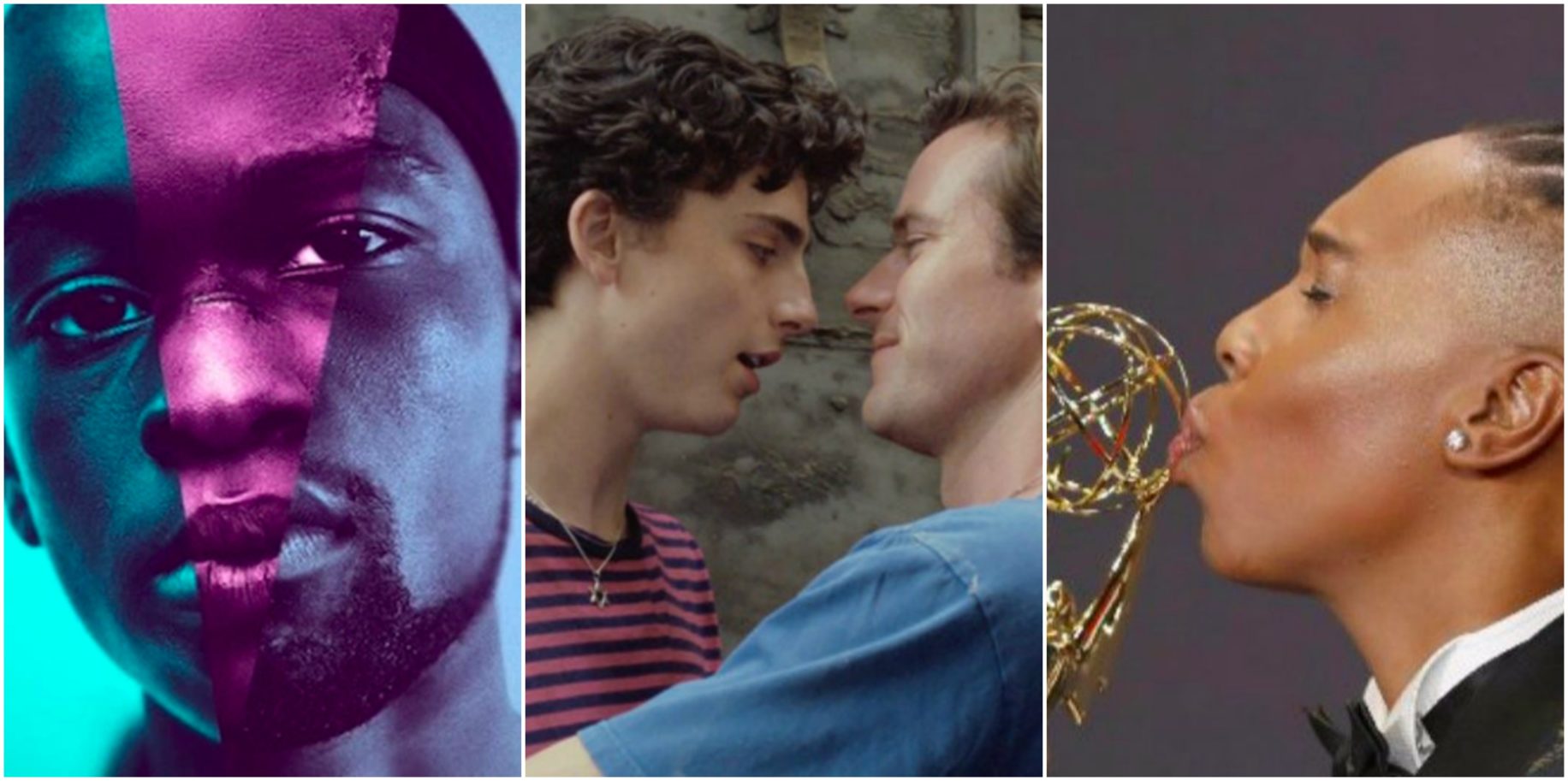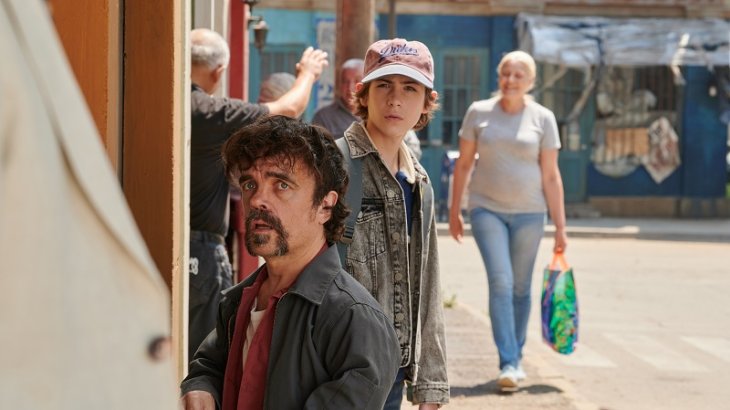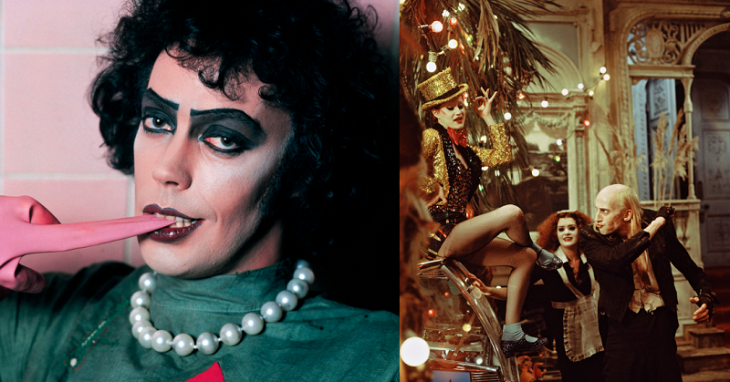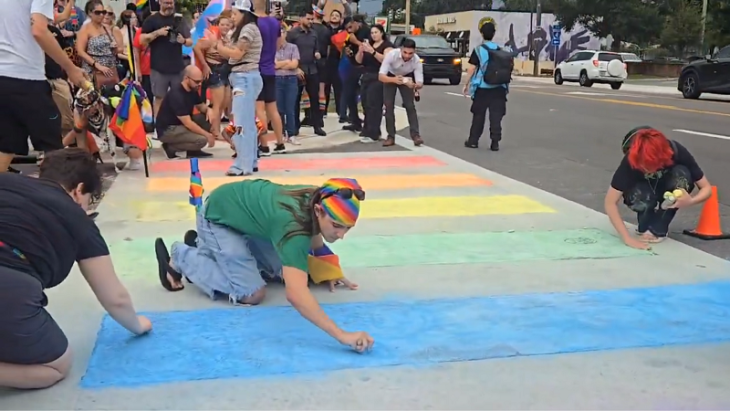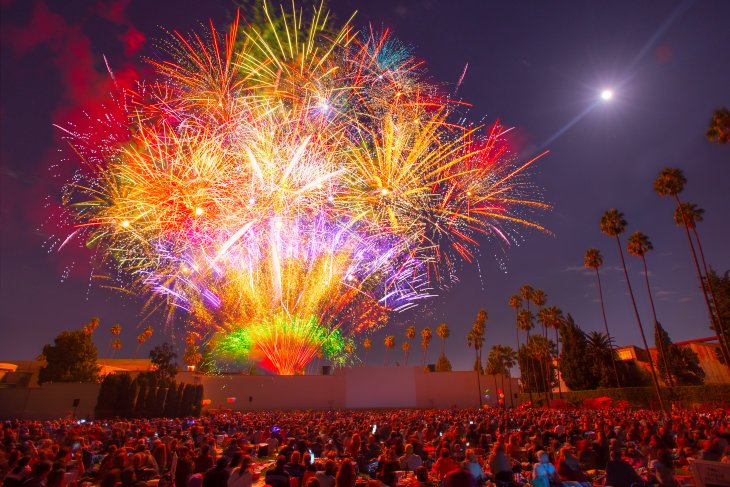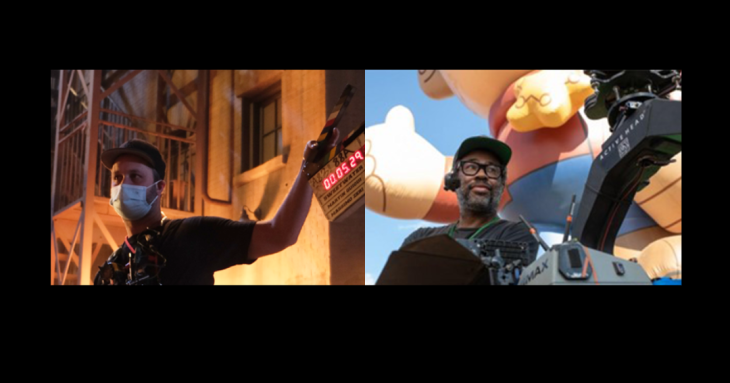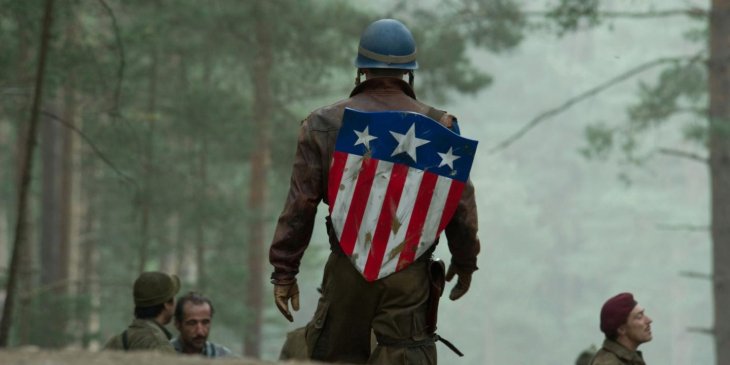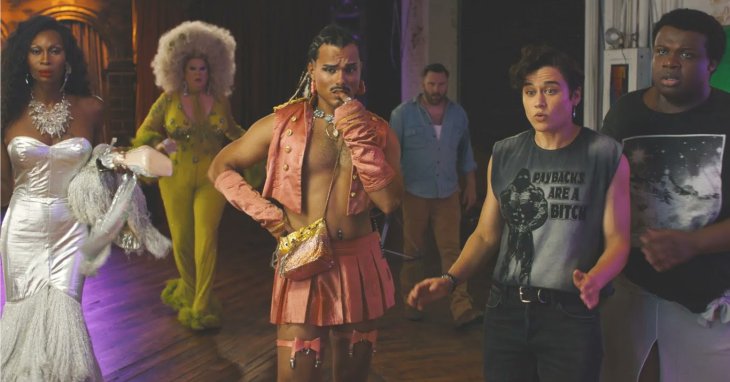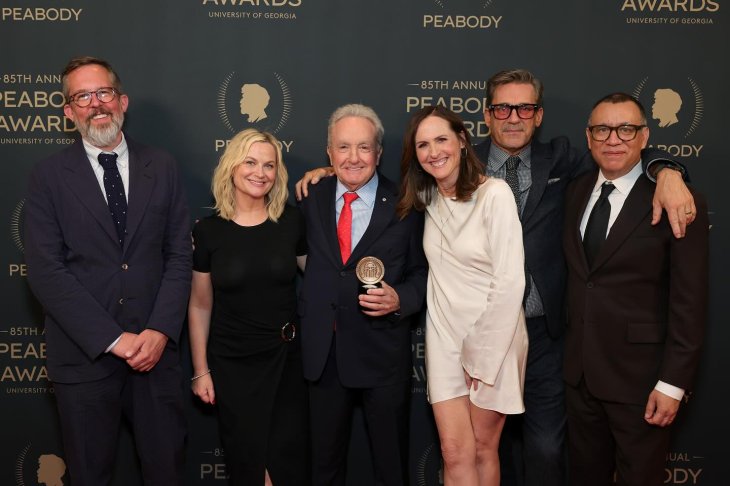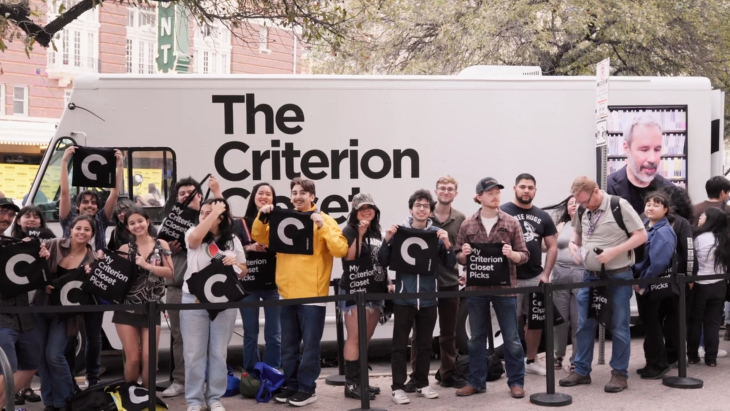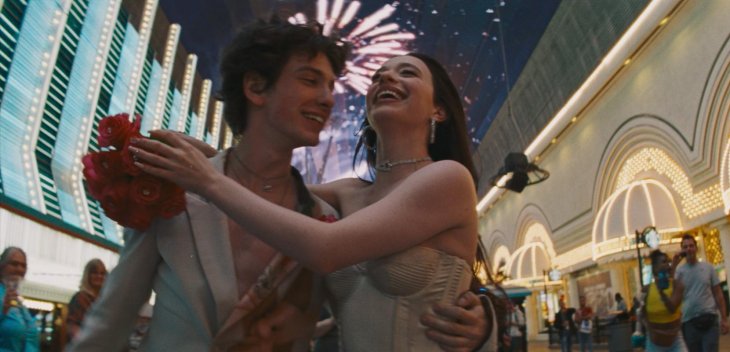This year, while we were all mourning the infantile regression of our once-liberal nation, something else happened. Queer writers, filmmakers, and actors took charge to create a diverse canvas of LGBTQ+ offerings that changed the game, swept up every award possible, and showed us that hope does exist in the darkest places after all. Here are just a few honorable mentions:
FEBRUARY 26: “Moonlight” wins Oscar for Best Picture.
In the big win that no one saw coming (not even the presenters,) indie darling “Moonlight,” which follows a young black man coming into his queer sexuality, swept up the Best Picture award at this year’s Oscars, setting a new standard for what queer American films can hope to achieve.
MARCH 28: All six episodes of “S-Town” drop.
While not exactly visual media, Brian Reed’s podcast “S-Town” brought together cinematic description with a literary storytelling style to tell the tale of John B. McLemore, a bisexual man living in the backwoods of Woodstock, Alabama whose troubled romantic life makes for complex, painful interpersonal relationships.
APRIL 14: Gay classic “Maurice” is reissued nationwide.
30 years ago, the production company Merchant Ivory was known for making elegant queer cinema from the heavy-veiled work of such legacy writers as E.M. Forster and Jean Rhys. Today, their groundbreaking work is being newly appreciated by a group of cineastes eager to drink up the beauty of landmark gay films and film history.
JUNE 2: “Wonder Woman” opens to acclaim and big box office take.
While filmed in the typical summer blockbuster style, “Wonder Woman” has something different going for it. It’s headed by female director Patty Jenkins, whose 2003 classic “Monster” told the story of lesbian serial killer Aileen Wuornos with deft tragi-comic skill. Taking the story of the superhero back to its roots, “Wonder Woman” opens on an Amazonian utopia where strong women grow and train together without the interference of men. “Wonder Woman” is soon hailed as a feminist classic despite its mainstream budget.
SEPTEMBER 17: Lena Waithe makes history by winning an Emmy for “Master of None.”
As one of the writers and actors on Aziz Ansari’s “Master of None,” Lena Waithe has found a way to tell specifically queer stories inside of a mainstream narrative since the show’s first season two years ago. This year, her work was recognized in a big way when she became the first Black queer woman to win an Emmy for her episode “Thanksgiving.”
NOVEMBER 24: “Call Me By Your Name” opens to rave reviews.
While everyone already sensed that the Andre Aciman adaptation “Call Me By Your Name,” (starring super-hunk Armie Hammer as a gay cradle robber) was going to make a splash, nobody quite figured on all this Oscar talk so early after the film’s wide release. There’s even been talk of a sequel that will bring the star-crossed queer lovers back together in the end.
COMING UP: Ryan Murphy’s “Pose,” featuring a cast of all-trans actors, the U.S. release of “God’s Own Country” (aka the “British Brokeback Mountain”) next year, and the queer-headed series “Brown Girls” from HBO.

